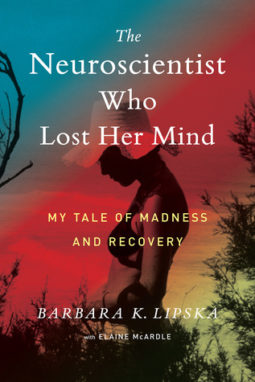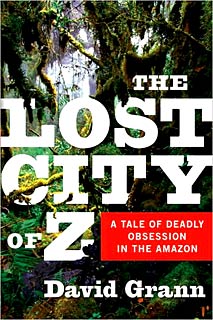This review contains affiliate links, which earn me a small commission when you click and purchase, at no extra cost to you. Thank you for supporting my small business and allowing me to continue providing you a reliable resource for clean book ratings.
Barbara Lipska has been a neuroscientist studying mental illness, specializing in schizophrenia, for decades, first in her home country of Poland and since 1989 at the U.S. National Institute for Mental Health. In 2015, she went through two months of symptoms that paralleled mental illness and dementia because of tumors of metastatic melanoma in her brain. She behaved strangely, was uncharacteristically mean to her family and friends and strangers, didn’t recognize her surroundings or remember how to go where she normally went, and, above all, didn’t realize how bad off she was.
In this book, which grew out of an article she wrote for The New York Times, Lipska details the science of what happened to her (as far as she or others could determine it) and the experience itself, the feelings of what it was like to go through it. It’s rightly scary. After surviving breast cancer and then melanoma, she dealt with what was essentially a death sentence of the melanoma metastasizing in her brain. There are few treatments for that kind of cancer once it’s to that stage, and she and her family were devastated at the prognosis.
In part because of her own scientific background and connections through her also-scientific family members, she did everything possible to find studies or new treatments that could give her a shot at life. Amazingly, she survived, and the treatments eventually rid her brain of the tumors. What’s equally amazing is that after the experience of being hobbled mentally, going through a serious cognitive decline that had her behaving as someone with mental illness, she seemed to suffer no noticeable permanent cognitive damage and is able to share her story. As she says, it was “a priceless gift for a neuroscientist.”
It’s also a gift for all of us. So many people experience mental illness at some time in their lives or deal with it in a loved one. It still has stigma attached to it, and so much about it is not understood. The brain is so complex and, while it’s becoming a bit better known how damage or problems in particular areas of the brain is correlated to mental illness, that’s just the beginning for a number of reasons. Lipska’s experience, her recollections and those of her family members, coupled with the brain scans and other data collected during her bout with cancer, are amazing ways she could contribute to research, on top of her many years of research on others. But it’s also a way to remind many readers that mental illness is a complex biological issue that should no more be condemned or judged than cancer. This book is fascinating for the science and for the personal insights it brings to readers.
Rated: Mild. It’s practically a none. There are only a few instances of mild and moderate language.
* I received an ARC of this book in exchange for my honest review.
Click here to purchase your copy of The Neuroscientist Who Lost Her Mind on Amazon.




